
Mental Health Awareness Week 2025: Meg
As part of Mental Health Awareness Week, we’re continuing to spotlight the stories of our colleagues, each one a powerful reminder of how community can shape and support our mental health.
Today, we’re spotlighting Meg, Food Technologist, who opens up about her mental health journey. From a diagnosis in her teens to the daily habits, therapy, and support systems that keep her grounded today.
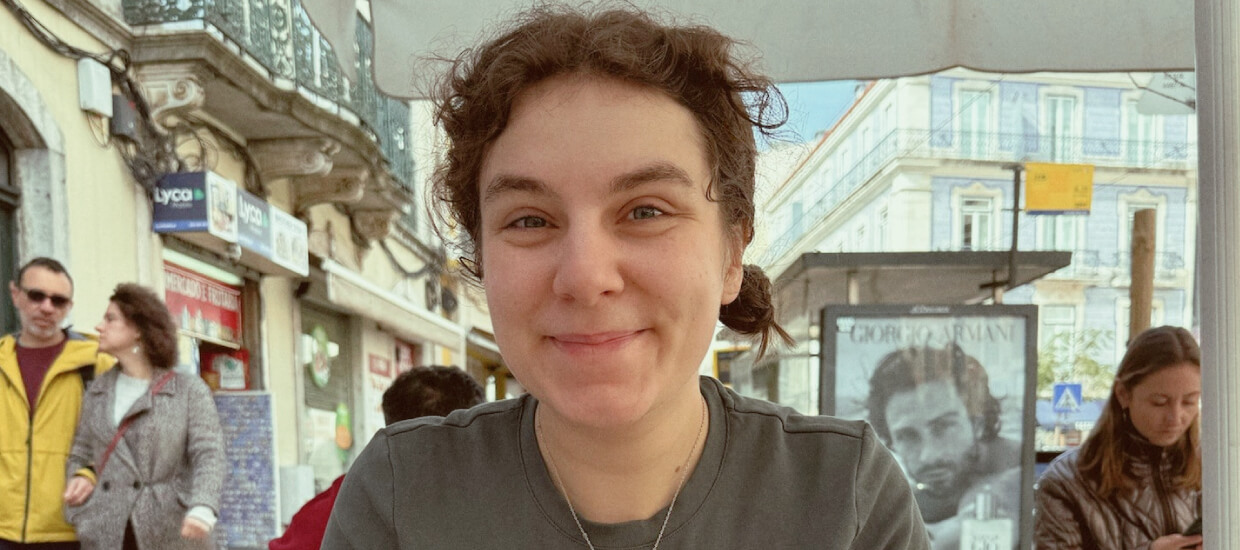
Harrods: Thank you so much for your time today, Meg. What does mental wellbeing mean to you?
Meg: To me, mental wellbeing is about feeling calm and clear-headed in everyday life. It’s that sense of balance where I’m not overwhelmed, and I can recognise how I’m truly feeling about what’s going on. It’s about being in touch with my emotions, and knowing how to navigate the tough moments. I’ve been through a lot, so finding that equilibrium is crucial. It’s something I keep top of mind.
Harrods: When did you first realise how important it is to take care of your mental health?
Meg: I first realised the importance when I was 16. After a significant change in my family life, just after my GCSEs, I went through a really difficult period. I became withdrawn, stopped talking to my dad, and leaned heavily on my mum. On top of that, I started sixth form at a school that was very high-pressure. It was all about getting top grades. I just wasn’t in the right headspace, and it all became too much.
That’s when I was diagnosed with clinical depression and anxiety. Back then, support was limited. I tried antidepressants, but they didn’t work for me; they made me feel numb, like I wasn’t feeling anything at all.
Harrods: You were so young when all of this happened. With limited support and antidepressants not working for you, how did you start finding your own ways to take care of your mental health?
Meg: Over time, I’ve learned to identify my triggers and recognise when I’m starting to spiral. Overthinking and catastrophising are big ones for me. I used to let stress build up until it became overwhelming. Now, I’ve developed small daily habits that really help - like going for long walks. Just getting outside and moving for a couple of hours clears my head. I also try to keep up with things that bring me joy and energy.
During this time, I met my partner, who’s really outgoing, and his energy helped pull me out of that place. I also started therapy, which was invaluable. Talking through everything, reconnecting with my dad, and working on healing together was a huge turning point.
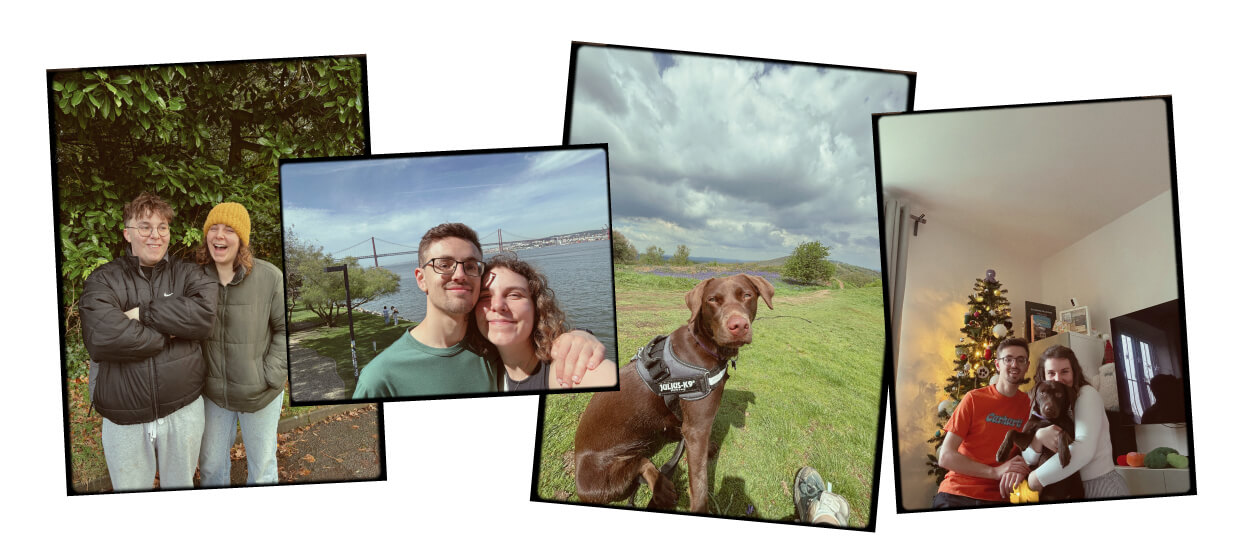
Harrods: What’s your main motivation now to prioritise your wellbeing and keep those routines going?
Meg: A big part of it is knowing that it doesn’t just affect me. It impacts the people I care about. I have a partner, a dog, and I’ve seen how my energy affects them. When I’m not taking care of myself, I’m not easy to be around. I become snappy, shut myself off, and struggle to see things in a positive light. That fogginess is tough.
So now, I try to keep things in balance. Not perfectly, but in a way that ensures I’m doing things that help me feel good and grounded. I’ve seen the consequences when I don’t, and I don’t want to go back to that.
Harrods: You seem to have such strong self-awareness. Where do you think that comes from?
Meg: People tell me that a lot! I think it’s because I went through a lot at a young age. I had to grow up quickly. Not just for me, but also because I had a younger brother, and in a small town, people talk. There was pressure to keep it together and just get on with things.
Harrods: Do you think community plays a role in mental wellbeing?
Meg: Absolutely. For me, it’s about having something constant. It could be a friend, a family member, or even a pet. Knowing something or someone is always there, waiting for you, really helps. It’s made a huge difference in how I view day-to-day life.
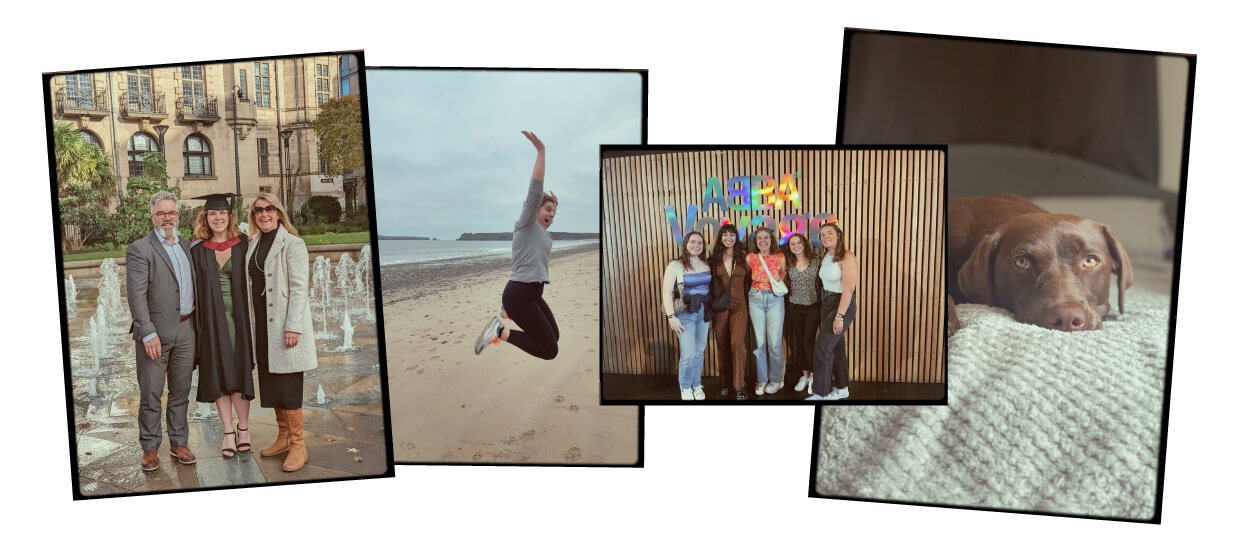
Harrods: How has community played a role in your journey?
Meg: At first, I didn’t want help. I pushed people away because I didn’t think I deserved it. But over time, I realised how much my parents had done for me. Never forcing anything, just being there. My partner is incredibly patient, and my friends have been amazing.
I was the first in my group to be diagnosed, which felt isolating. But it actually helped others open up. One of my friends sought help because she saw me go through it. I became a support person for her, and that mutual trust and honesty became really important.
Harrods: Are there any routines or rituals that help you stay connected?
Meg: Yes! My friends and I do something called Waffle Wednesdays. We send voice notes to each other once a week, just checking in. There’s no pressure to reply immediately; you listen when you can. One of my friends lives in Spain and is about to move to Japan, so it helps keep us close even across time zones. I really look forward to it every week.
Harrods: Finally, if you could say something to your 16-year-old self, what would it be?
Meg: I’d tell her: “There’s so much more to life than what’s happening right now.” At 16, I had just been diagnosed with depression and anxiety, and I felt like I’d lost everything. But I’d tell her those 20 minutes in the GP’s office don’t define you. Yes, they shape you, but they don’t own you.
Now, ten years later, I’m confident, calm, and genuinely happy. That diagnosis is just a part of my story. It doesn’t control me. I’d remind her that she’s not alone, she’s loved, and one day, everything will be okay.
Harrods: Thank you for sharing so openly, Meg.
Meg: Thank you for giving me the space to talk about it.
Let’s Stay in Touch
Anything is Possible
At Harrods, our mission is to make Anything Possible. The spirit of Anything is Possible and the equity of the Harrods brand is not purely released through how we advertise and market to our customers.
Moreover, it is rooted in the lived experience of our customers delivered every day by our colleagues.
Latest jobs
Salary
Location
Location
Knightsbridge
Job Type
Full Time
Sector
Sales Associate
Contract Type
Permanent
Description
As a Sales Associate within our state-of-the-art Technology division, you’ll enjoy a package that includes a salary of £27,895 + commission, as well as access to our renowned Harrods benefits, includi
Reference
VAC- 30175
Expiry Date
01/01/0001
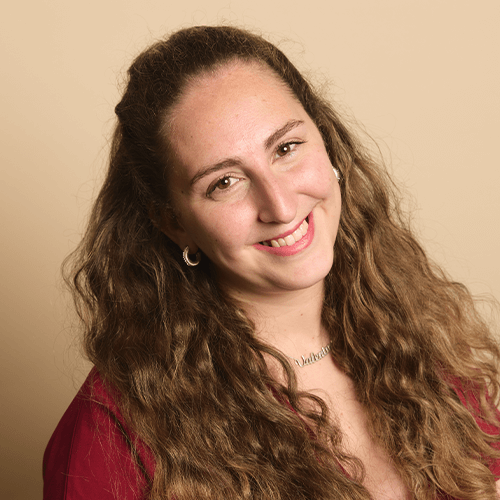
Job managed by:
Valentina Segantin
Job managed by:
Valentina SegantinSalary
Location
Location
Knightsbridge
Job Type
Full Time
Sector
Sales Associate
Contract Type
Fixed Term
Description
We are recruiting a passionate Product Demonstrator to join our exciting Kitchen and Household department on a 12 month Fixed Term Contract. The Product Demonstrator is responsible for creating magica
Reference
VAC- 44586
Expiry Date
01/01/0001

Job managed by:
Valentina Segantin
Job managed by:
Valentina SegantinSalary
Location
Location
Knightsbridge
Job Type
Full Time
Sector
Retail Management
Contract Type
Permanent
Description
Harrods is one of the world’s leading luxury department stores and we’re becoming a destination for top designers, and the most sought-after brands from around the globe. As the world’s leading luxury
Reference
VAC- 40261
Expiry Date
01/01/0001
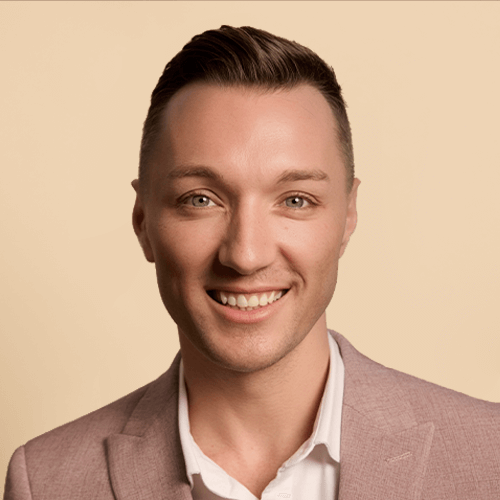
Job managed by:
Jamie Bradley
Job managed by:
Jamie BradleySalary
Location
Location
Knightsbridge
Job Type
Full Time
Sector
Front of House
Contract Type
Permanent
Description
Our ambition is for Harrods Private Shopping to be the ultimate luxury shopping and lifestyle destination. The role of the Front of House Assistant Manager, is to support and lead our team of Client E
Reference
VAC- 39440
Expiry Date
01/01/0001

Job managed by:
Etienne Hayward
Job managed by:
Etienne HaywardSalary
Location
Location
Knightsbridge
Job Type
Full Time
Sector
Security
Contract Type
Permanent
Description
We are looking for Transaction Services Assistants to join our fast-paced and diverse Transaction Services team. This role specialises in supporting the Retail teams across Harrods with large and comp
Reference
VAC- 48005
Expiry Date
01/01/0001

Job managed by:
Valentina Segantin
Job managed by:
Valentina SegantinSalary
Location
Location
Knightsbridge
Job Type
Part Time
Sector
Sales Associate
Contract Type
Permanent
Description
As a Part Time Sales Associate within our bustling and vibrant Signature and Arcade departments, you’ll enjoy a package that includes a minimum salary of £11,158 + monthly bonus or commission, as well
Reference
VAC- 47436
Expiry Date
01/01/0001

Job managed by:
Sophie Jones
Job managed by:
Sophie JonesSalary
Location
Location
Knightsbridge
Job Type
Full Time
Sector
Back of House
Contract Type
Permanent
Description
Here at Harrods, we currently house more celebrity chefs, exclusive dining brands and unique food halls than any other location in the UK. As a Pastry Junior Sous Chef you will be joining a passionate
Reference
VAC- 48649
Expiry Date
01/01/0001

Job managed by:
Valentina Segantin
Job managed by:
Valentina SegantinSalary
Location
Location
Hammersmith
Job Type
Full Time
Sector
Human Resources
Contract Type
Permanent
Description
We are seeking an experienced Employee Relations Specialist to join our fast-paced HR team and provide expert solutions to complex employee relations issues.About the Role Our Employee Relations team
Reference
VAC- 48100
Expiry Date
01/01/0001
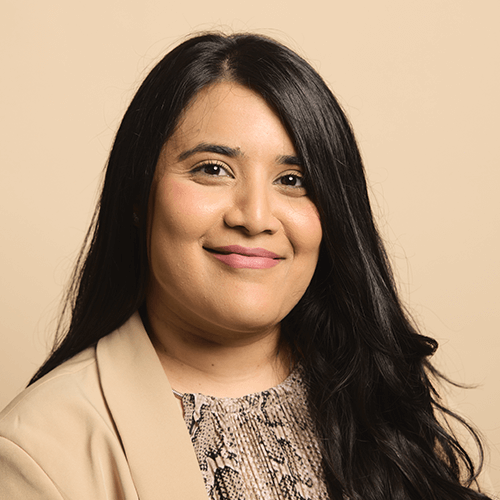
Job managed by:
Unnati Gandhi
Job managed by:
Unnati GandhiSalary
Location
Location
Knightsbridge
Job Type
Full Time
Sector
Back of House
Contract Type
Permanent
Description
Our Chefs are an integral part of our award-winning Production Kitchen. They ensure that our world-class food halls and deli counters are stocked with mesmerizing products ready for our customers to t
Reference
VAC- 47777
Expiry Date
01/01/0001

Job managed by:
Valentina Segantin
Job managed by:
Valentina SegantinSalary
Location
Location
Heathrow - T1 London
Job Type
Full Time
Sector
Heathrow
Contract Type
Permanent
Description
Our team are now looking for a passionate Sales Associate to join Harrods International at Heathrow Airport. About the RoleIn this role you will be responsible for providing world class customer servi
Reference
VAC- 38893
Expiry Date
01/01/0001

Job managed by:
Sophie Jones
Job managed by:
Sophie JonesDiscover more about us

Teaser
Learning & DevelopmentContent Type
EventsPublish date
09/18/2025
Summary
Colleagues from across Harrods, from our Knightsbridge store to Heathrow Airport and H beauty, came together last week for our 3rd Annual Learn & Connect Fest. A week-long learning festiva

Content Type
NewsPublish date
09/17/2025
Summary
"Launched in 2022, This Is Me is a space where colleagues can share their stories in their own words. They talk about who they are, the challenges they’ve faced, the resilience they’ve sho

Teaser
ApprenticeshipsContent Type
EventsPublish date
09/08/2025
Summary
At Harrods, we believe in developing our people at all levels. That’s why we invest in providing our next generation with the essential tools for success in luxury retail. Last week, we

Teaser
Early CareersContent Type
Career StoriesPublish date
09/03/2025
Summary
At Harrods, a career isn’t just about a role; it’s about growth, leadership, and shaping unforgettable experiences. Our retail management careers provide opportunities for colleagues to lea

Teaser
In StoreContent Type
Career StoriesPublish date
09/03/2025
Summary
Step into Harrods, and you’ll quickly see that our store is more than a shopping destination; it’s a stage where service meets excellence, and every colleague plays a part in creating unforgettab

Teaser
Chefs & HospitalityContent Type
Career StoriesPublish date
09/03/2025
Summary
Step inside one of the world's most iconic department stores, and you’ll find more than designer labels and world-class service; you’ll discover kitchens alive with creativity, passion, and inno

Teaser
GeneralContent Type
NewsPublish date
09/02/2025
Summary
As part of Harrods commitment to neutralising transport emissions across scopes 1, 2, and 3, we are taking decisive steps to eliminate the use of carbon-intensive fuels in our distribution

Content Type
Career StoriesPublish date
08/15/2025
Summary
As South Asian Heritage Month draws to a close, we’re shining a light on Tammy, Vice-Chair of the Racial Equality and Diversity (R.E.A.D) Network at Harrods. She shares her story of growin

Teaser
GeneralContent Type
NewsPublish date
08/15/2025
Summary
We're proud to share our latest Environmental, Social and Governance (ESG) Report, outlining the Harrods Path to a Sustainable Future. Covering the financial year from February 2024 to Jan

Teaser
GeneralContent Type
EventsPublish date
08/14/2025
Summary
“It all began with a simple belief: the future of our industry depends on the young talent we nurture today. This is more than a Young Chef competition. It’s a stage where creativity, disc
Recently viewed jobs
